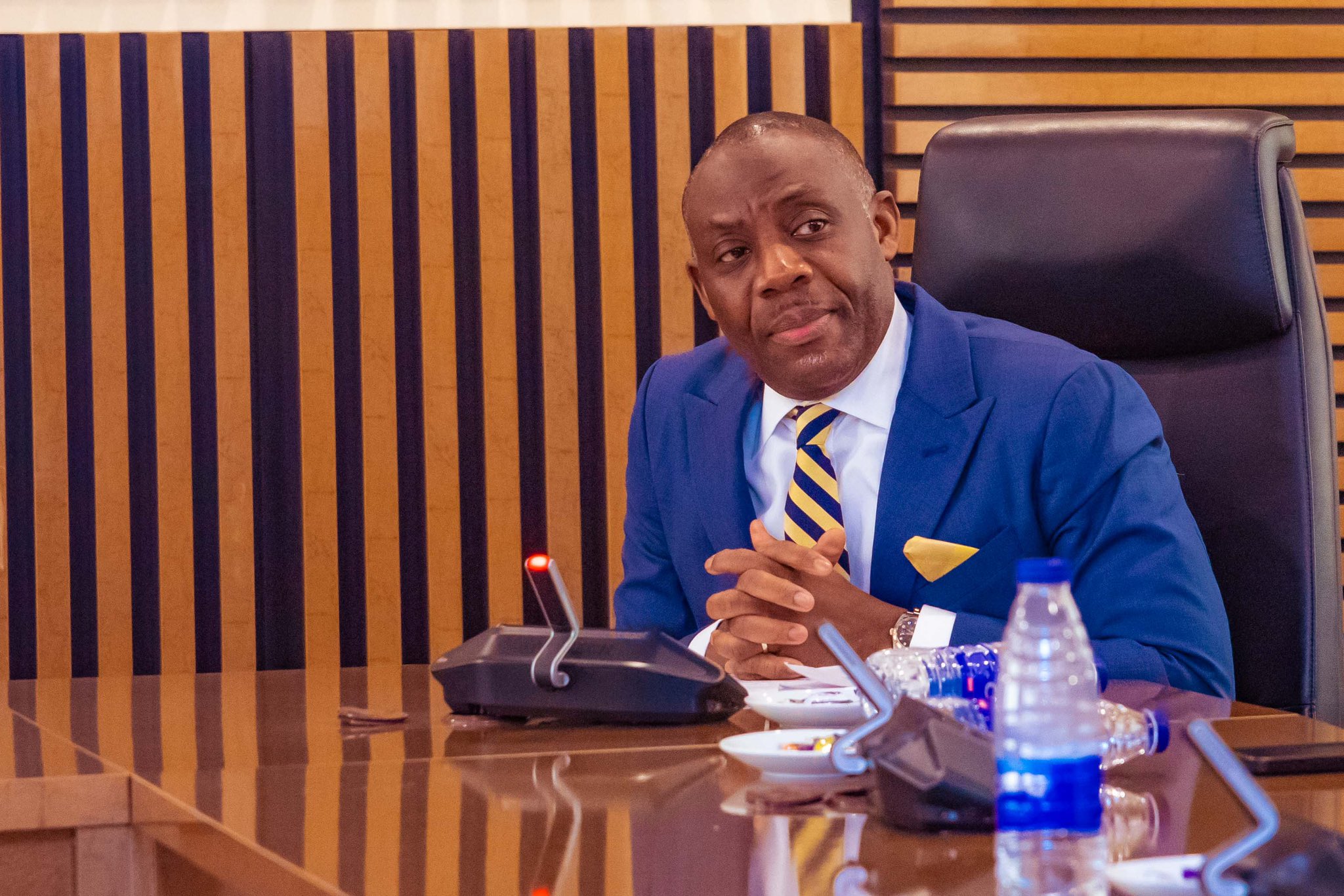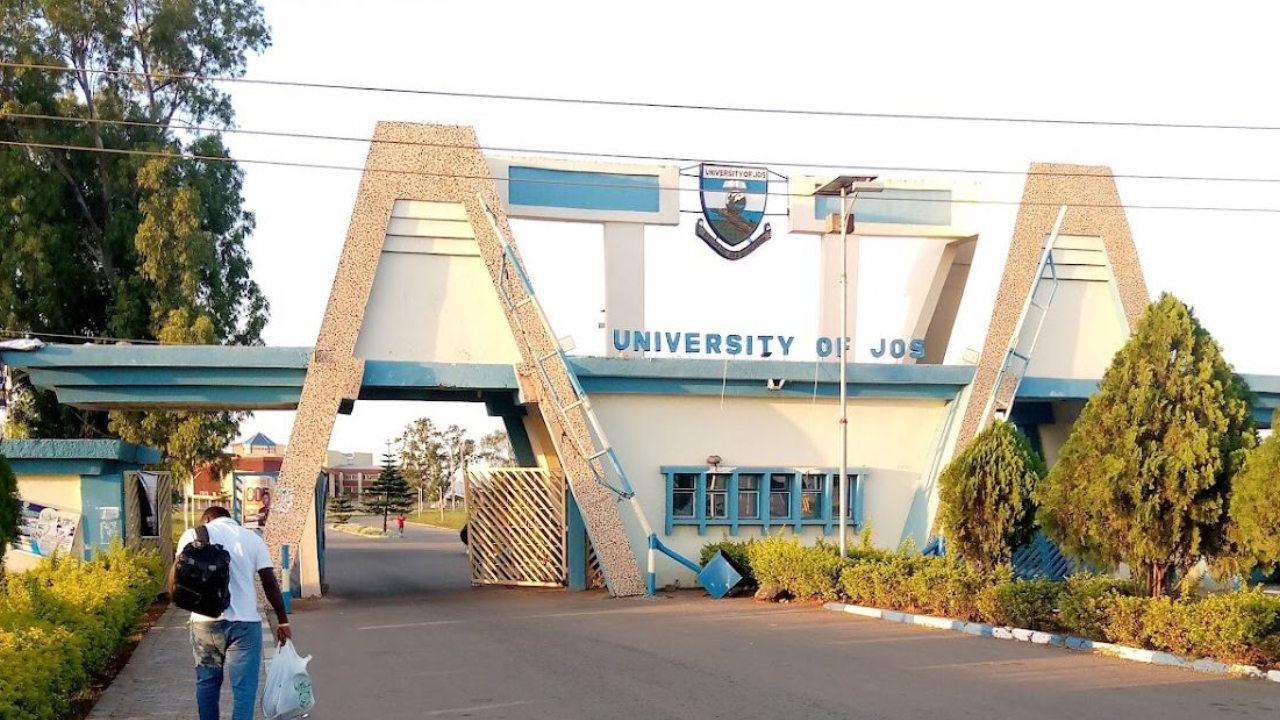Technical, vocational training now 80% practical- Alausa


ABUJA (Sundiata Scholar) – The Minister of Education, Dr Tunji Alausa, has announced a restructuring of the Technical and Vocational Education and Training (TVET) system to ensure that 80 per cent of the curriculum focuses on practical work.
Alausa made the statement in Abuja on Sunday during a press conference to announce the Maiden Edition of the Tertiary Education Trust Fund (TETFund) National Research Fair/Exhibition.
It is scheduled to take place from November 18 to November 21.
He criticised the current structure of technical education, which emphasises didactic methods over practical experience.
“The way technical education has been structured is not the best because we focus heavily on didactics.
“We have met with the Executive Secretary of the National Board for Technical Education (NBTE) to change the structure.
“We are now clearly changing the TVET structure from didactics to skill acquisition, we will now do 20 per cent didactics and 80 per cent practical, and that’s how we are going to move forward”.
The minister also stated the need to realign the country’s education system to better address the needs of Nigerians, particularly in the area of lifelong skills.
“We have a unique demography in the world, 220 million people, with 70 per cent of them under the age of 30.
“We need to work and give these young men and women, who are energetic, ready to learn, and contribute to this country, the right skills”.
Alausa noted the necessity of producing graduates with strong technical skills, stating that vocational enterprise institutions would be converted into monotechnics.
“Enough of studying banking, business, and insurance in the monotechnics because it’s bastardising our technical education.
“This is not what President Bola Tinubu wants. There is going to be a stop to that. We need to create jobs and provide life skills for young Nigerians”.
He also revealed plans to incentivise students to attend technical schools, including paying their tuition and building capacity in these schools.
“What we are going to do at TVET is to incentivise people to go to our technical schools. We will pay them to attend, cover their tuition, and build capacity in those schools.
“By the time they finish their training, 20 per cent will be didactics within the classroom and 80 per cent will be practical learning through apprenticeship”.
The minister further explained that a six-month and 12-month curriculum will be designed, with the first group of students set to enroll between March and April 2025.
“By the end of 2025, we will be graduating the first set of students, and as they finish, we will provide them with entrepreneurial grants,” he said.
Speaking on the upcoming research fair, Alausa expressed optimism that it would foster greater synergy among research and technology agencies, helping to accelerate their contributions to national development.
“This synergy will ensure that the dividends of democracy are delivered efficiently, and our Research and Innovation institutions, which are currently scattered across many ministries, will be well-coordinated to be more effective”.
Recognising the efforts of TETFund, the Alausa assured that the fund would continue to support the strengthening and harnessing of resources from public and private sectors, as well as international communities.
“This will enable talented researchers, engineers, and innovators to come up with solutions to national needs in various sectors of the economy, particularly in power, healthcare, and agriculture,” he added. (NAN)










